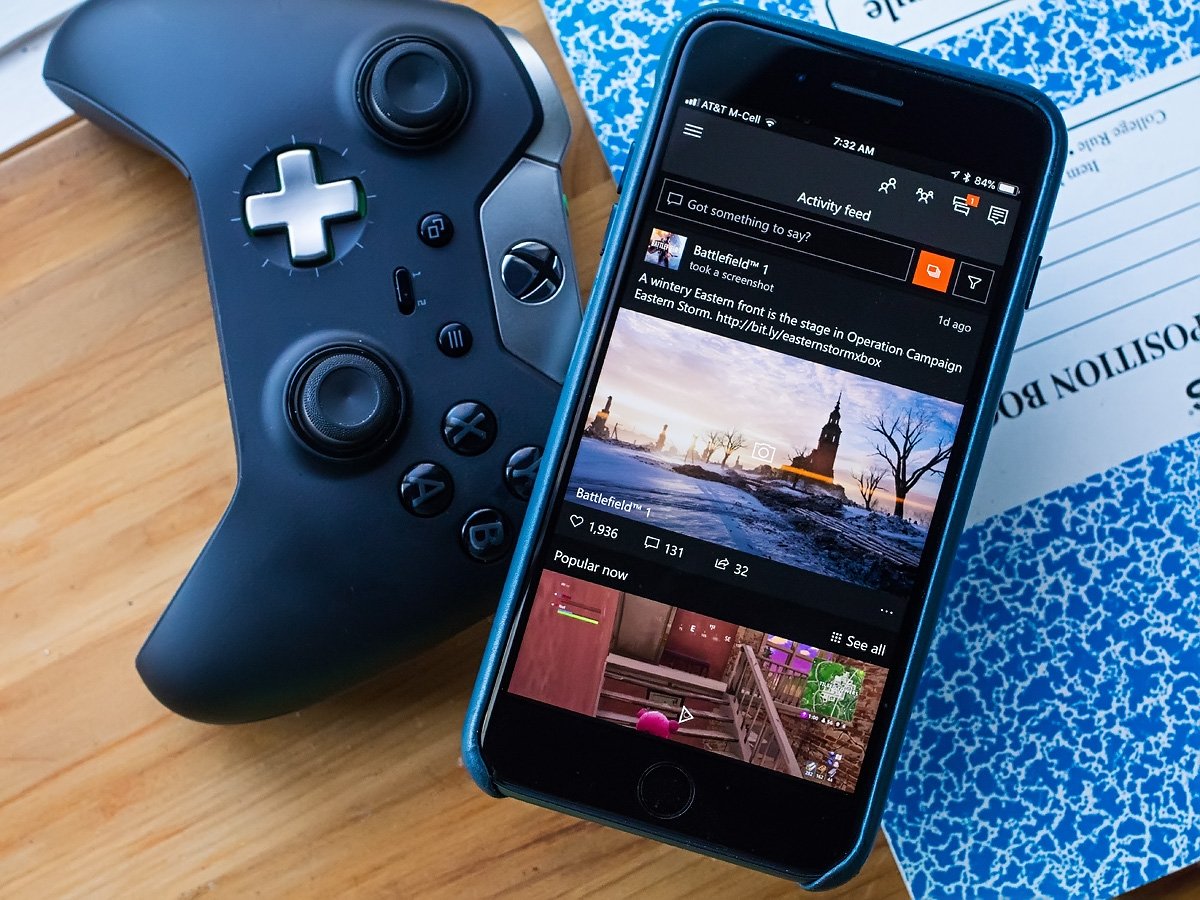Apple yet again called for the testimony of Microsoft's Lori Wright to be deemed not credible in the Epic Games trial.
What you need to know
- Apple filed a motion to have the testimony of Microsoft's Lori Wright be deemed not credible as part of the Epic Games trial.
- The motion also accuses Epic of "serving as a stalking horse for Microsoft."
- Apple claims that Microsoft "shielded itself from meaningful discovery" by having Wright testify in a personal capacity.
Apple filed for a motion in the Epic Games trial asking the court to "make an adverse credibility finding" for the testimony of Microsoft's Lori Wright. The motion argues that Wright speaking in a personal capacity, rather than in an official capacity from Microsoft, shields Microsoft from "meaningful discovery." Apple also claims that Microsoft is withholding evidence that would be helpful to Apple while producing documents that aid Epic.
The preliminary statement of the motion begins by stating:
At trial, Epic presented testimony from as many witnesses associated with Microsoft as it did from Epic itself (five each). A reasonable observer might wonder whether Epic is serving as a stalking horse for Microsoft. Yet Microsoft shielded itself from meaningful discovery in this litigation by not appearing as a party or sending a corporate representative to testify. Instead, Epic called one Microsoft employee—Lori Wright—who testified in her personal capacity, as well as a series of Microsoft "consultants." See Trial Tr. 1478:11–16 (Evans), 1797:10–1801:14 (Athey), 2322:22–2325:9 (Cragg), 2554:6–2555:2 (Mickens). Yet even as to Ms. Wright, Microsoft refused to produce the documents in her personal files, including a number of documents about which she testified at trial.
Apple argues that the court should find Wright's testimony to not be credible:
Epic agrees that this Court has the authority to find Ms. Wright's testimony not to be credible. Dkt. 648 at 10. The Court should exercise that authority here, where it is undisputed that Microsoft did not produce a single document following entry of this Court's April 12 order, despite the explicit warning of the consequences of doing so.
This is the second time that Apple has filed a motion to determine Wright's testimony to not be credible.
Towards the end of the motion, Apple accuses Microsoft of potentially "using Epic as a proxy plaintiff in litigation that it refuses to prosecute in its own name."
The conclusion of the motion states that "The Court should make an adverse credibility finding as to Ms. Wright's direct examination testimony."

No comments: